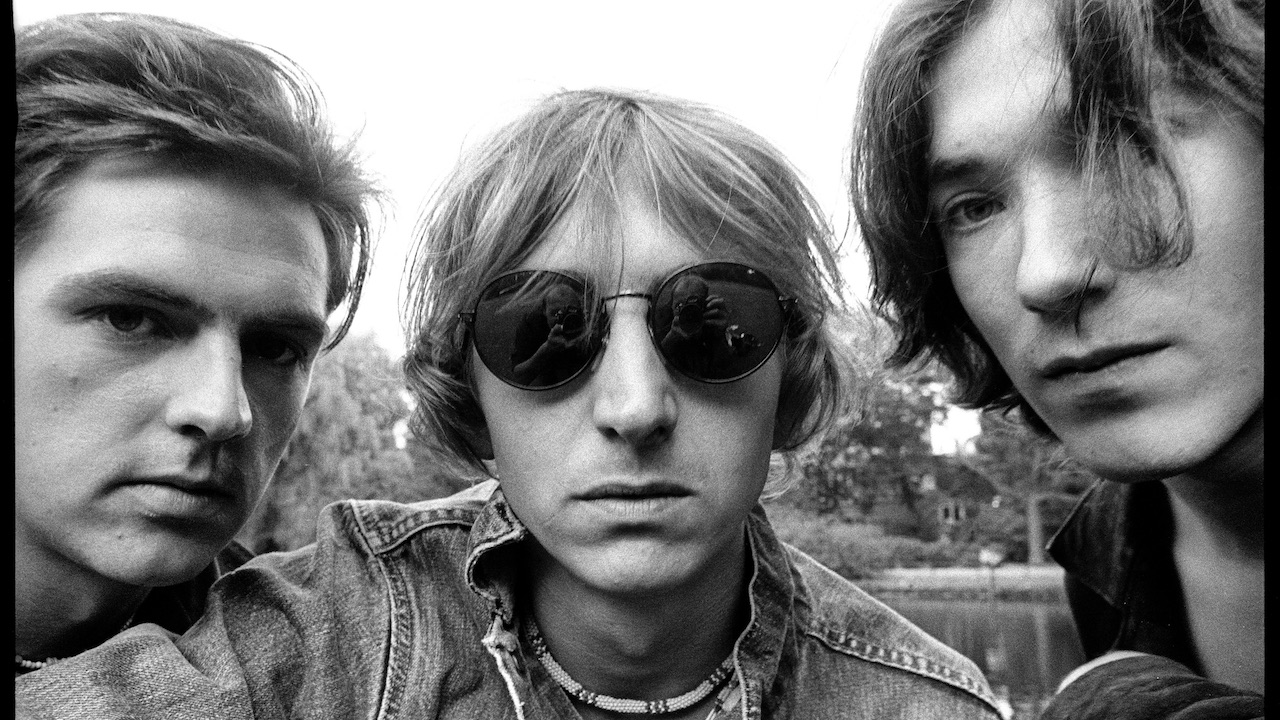Formed in 1981 by visionary frontman and multi-instrumentalist Mark Hollis, Talk Talk’s decade-long career deserves to be studied as a perfect example of artistic growth and evolution.
Frustrated by the limitations of their early synth-pop leanings, Hollis brought in producer Tim Friese-Greene to help co-write their latter material, ditching electronics and instead using endless session musicians to create intricate, experimental, ambient arrangements. In this period the band frustrated record labels thanks to Hollis’ unwillingness to budge from his creative vision, and confused their ever-dwindling audience. Yet, ultimately, Talk Talk became one of the most influential bands in alternative music after Hollis vanished from the music business in 1991 - returning only for his self-titled 1998 solo album - hailed as the inventors of post-rock by the likes of Radiohead, The Mars Volta, Slint, Steven Wilson and many more.
Hollis’ passing in 2019 means there is no chance of Talk Talk ever coming back to bask in the high esteem in which they are now held, but theirs is a back catalogue of rare and unique quality. And here it is ranked from worst to best.

5. The Party’s Over (1982)
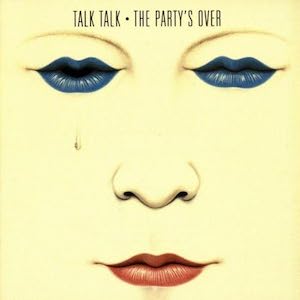
It is totally understandable that Talk Talk’s debut album seems long forgotten in comparison with the rest of their output. When you have a back catalogue that reaches impossible heights, the band’s first foray into making a record, full of typical naivety and limitations that were quickly shrugged off, was always going to be dwarfed by the genius that followed. With that said, The Party’s Over is still a very fine early 80’s synth-pop set. Opener Talk Talk is a banger, the album's obvious highlight and most well-known song, but though the tunes are sparkly, there is also a sadness imbued in tracks like Have You Heard the News and Today which keeps the album enthralling.
4. It’s My Life (1984)
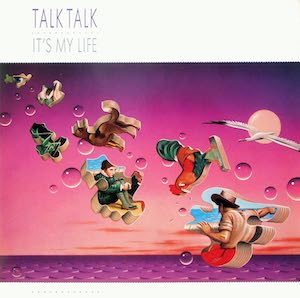
Featuring Talk Talk’s most famous song, the glacial, glorious splendour of the title-track, It’s My Life is a clear step up from their debut and would be considered a career highlight for many of their '80’s synth-pop contemporaries. The beautiful intertwining harmonies of opener Dum Dum Girl, the crashing sadness of Such A Shame and the aching drag of Tomorrow Started, all exhibit depth and class that hint at the greatness that was soon to reveal itself. It’s also the first album on which Hollis and Friese-Greene first collaborated, making it an important musical document, but beyond its significance, It’s My Life is simply a fantastic pop record.
3. The Colour of Spring (1986)
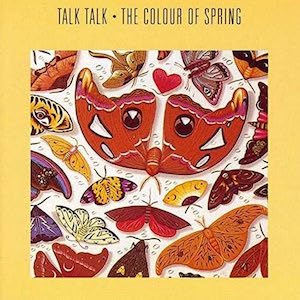
To call Colour of Spring one of the best albums of the 1980’s, yet only rank it as the third best Talk Talk album may sound like hyperbole, but that’s the position we’re taking here.
Having grown creatively restless, Hollis ditched the synths (if not the pop) and created an album that perfectly balances the instantaneous sound of his first pair of releases and the more organic, explorative, free-form, jazzier work of the band’s final records. It became their most commercially successful work, thanks to stunning hit single Life’s What You Make It, and practically everything on COS sounds like it could have been a mammoth pop single in an alternate universe. The main curveball though is April 5th, a quiet, languid, spacious, experimental number that feels like a dry run of what was to come. But Colour of Spring is no mere transitional album, it’s a genuinely perfect record that few artists can equal.
2. Laughing Stock (1991)
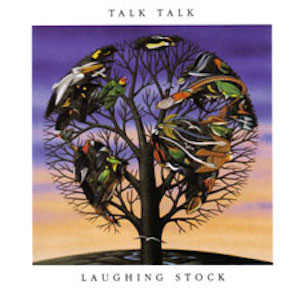
In the eyes of many devotees, Talk Talk’s final album is their masterpiece. And, judged purely on music alone, it’s a fair shout. Having wrangled themselves free from their contract with EMI, the band signed to jazz label Verve, where Hollis was free to fully indulge himself in the unusual and arduous practices he believed were necessary to create his art. Laughing Stock is the result of Hollis pushing himself and his collaborators to the limit, similar in creation and style to 1988’s Spirit of Eden, the album is arguably even more slight, introspective and complex than anything that came before. Songs like the phenomenal Taphead are barely even audible at points, yet when the cacophony comes it’s a staggering, hair raising moment. A record of absolute, pure, minimalist genius. Were it not for the influence and prowess of the album which preceded it, this certainly would have come out on top.
1. Spirit of Eden (1988)
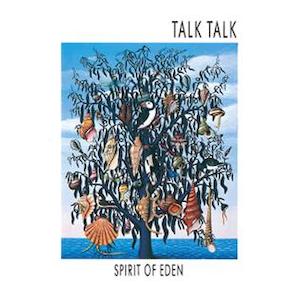
The success of Colour of Spring meant that Talk Talk had a bigger budget to work with for its follow up, which helped in the creation of one of the most singular, unique and influential musical left-turns ever. Today tales of the recording of Spirit of Eden have passed into lore; session players improvising alone over a single track during 12-hour recording sessions in a blacked-out studio, Hollis not allowing record company employees into the studio, instead taking them straight to the pub and plying them with drink so they forgot they were there to hear his progress, a year in the studio with hundreds of hours of music left unused on the final product.
When it finally arrived Spirit of Eden flopped commercially, but as the years progressed, its ingenuity, inventiveness and stirring, heart-wrenching emotional weight (chiefly from Hollis’ cracking, pleading, poignant vocals) has seen it re-evaluated as a needle-moving classic. From the aching opening horns, piano and guitar of The Rainbow to Hollis’ spine-tingling whisper over deft organ keys on closer Wealth, not a second is wasted. It’s rightfully considered year zero for post-rock, although the influence of In a Silent Way-era Miles Davis and Debussy’s classical impressionism make it so much more than mere crescendo-core.
